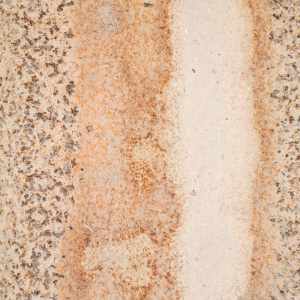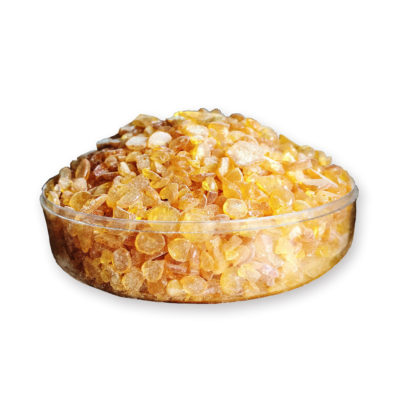Zinc phosphate is a very important chemical used in making high quality anti-corrosive paints. It is a white, non-toxic powder that is added to paint to protect metal surfaces from rust and corrosion. In paint industry, zinc phosphate is well-known for its excellent performance and long-lasting protection, especially when used in coatings for steel, iron, and other metal structures.
When metal is exposed to air, moisture, or chemicals, it starts to rust. Rust not only damages the look of the surface but also weakens the metal. Zinc phosphate helps stop this process by forming a strong protective layer between the metal and the environment. This layer acts like a barrier and stops water and oxygen from reaching the metal surface. This is why paints with zinc phosphate are commonly used in industries where strong protection is needed, such as in construction, marine, automotive, and heavy machinery.
One of the biggest advantages of using zinc phosphate is that it gives long-term corrosion protection. It works very well even in tough environments like coastal areas, chemical factories, or places with high humidity. Unlike older pigments like red lead or chromate, zinc phosphate is much safer for health and the environment. This makes it a popular choice for manufacturers who want to follow safety rules and make eco-friendly products.
Zinc phosphate also helps the paint stick better to metal surfaces. It improves adhesion, which means the paint does not peel or flake off easily. Good adhesion increases the durability of the paint and reduces the need for frequent repainting or maintenance. This helps save both time and money in the long run, especially in large projects like bridges, pipelines, or ships.
Paints that contain zinc phosphate are usually used as primers. A primer is the first coat applied before the topcoat. The primer prepares the surface and ensures that the topcoat sticks well. Zinc phosphate primers are very effective in creating a strong base for the rest of the paint system. They can be used with different types of paints such as epoxy, polyurethane, alkyd, and water-based paints.
In addition, zinc phosphate has good compatibility with other additives and pigments used in paints. It does not react badly with other ingredients and helps maintain the stability of the paint. This makes it easier for paint manufacturers to design custom coatings for different needs.
In conclusion, zinc phosphate is a trusted and widely used ingredient in high quality anti-corrosive paints. It provides strong rust protection, improves paint adhesion, and is safe for both people and the environment. Its use in industrial, marine, and structural paints ensures that metal surfaces stay protected for a long time, even under harsh conditions. For anyone in the paint and coating industry, zinc phosphate remains a reliable and effective choice for corrosion-resistant formulations.







Leave a Reply